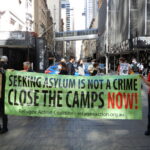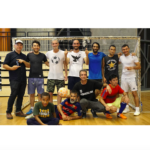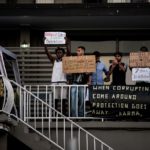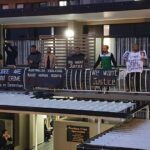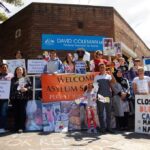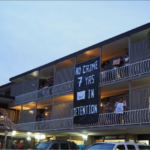Refugees Call to Be Reunited With Their Families
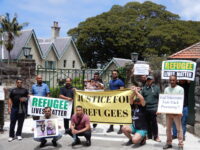
“Scott Morrison, where are you? Come outside and tell the truth,” chanted around a dozen refugees who’ve been living in the community long-term. They were calling on the prime minister while lined up out the front of his residence, located in the Sydney harbourside suburb of Kirribilli.
As the group marched down from Milsons Point Station towards Kirribilli House on 1 November, the streets were lined with jacaranda trees in full bloom. The rally marked the eleventh such event in as many weeks and the plan is to keep it up until the next federal election.
Those gathered on the Sunday morning are part of the 35,000 people who arrived by boat in Australian waters to seek asylum between the years of 2011 and 2014. And despite having been processed and accepted into the country as refugees, they’re stuck in a state of limbo.
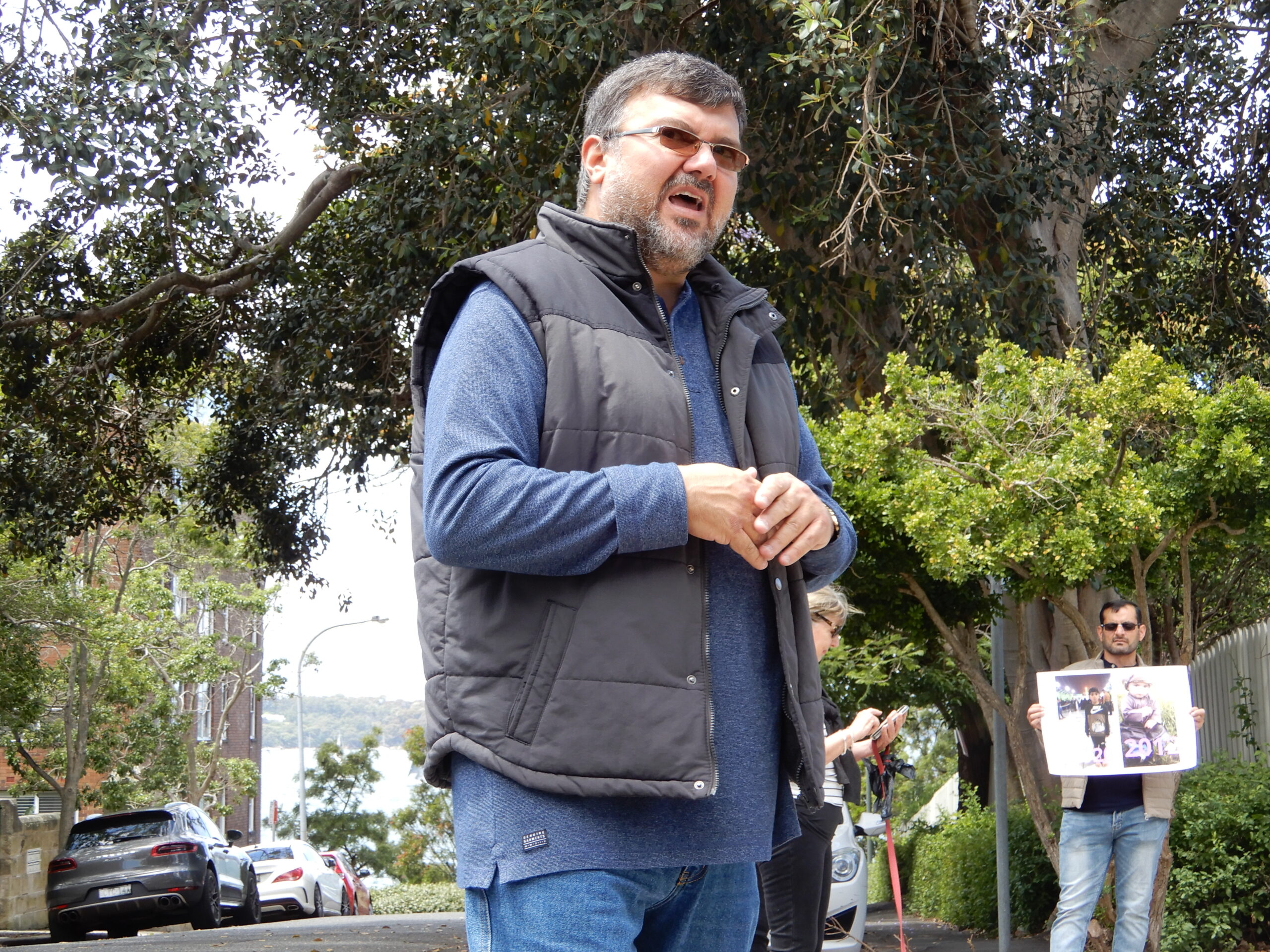
Forced separation
“The government decided to treat the refugees who came by boat between 2011 and 2014 differently than those who came by plane,” said We Are Better Than This spokesperson Jamal Daoud.
“They came by boat,” the Palestinian man continued. “Most of them are on temporary protection visas, which doesn’t allow them to bring their families or to become a citizen in this country.”
Not a refugee himself, Daoud explained that those gathered who are don’t have permission to bring their families over to Australia because of restrictions placed on them by their temporary protection visas (TPVs).
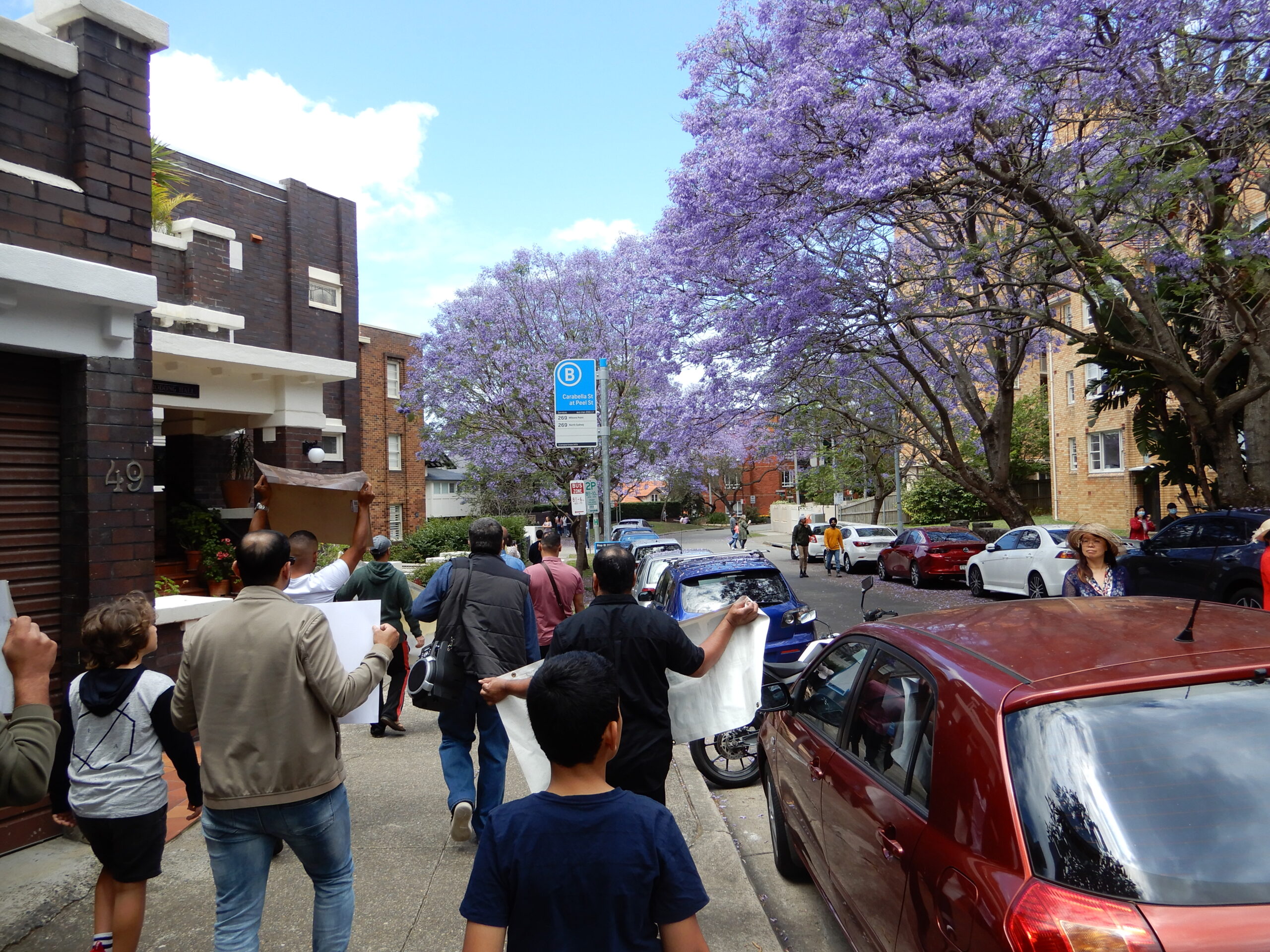
The main demand the protesters made was to be granted the right to be reunited with their wives and children after about eight years of having lived within the Australian community with no serious issues arising and working to support themselves.
As Daoud tells it, the long-term separation not only violates international treaties on the rights of children and families, but it’s also taken a grave toll on the health and mental health of these men and their families who remain in the country from which the refugees fled persecution.
“Their families are in their homeland,” the refugee rights activist told Sydney Criminal Lawyers. “They can’t go over to see them there because they’re refugees. And they can’t bring them here because the government does not allow it.”
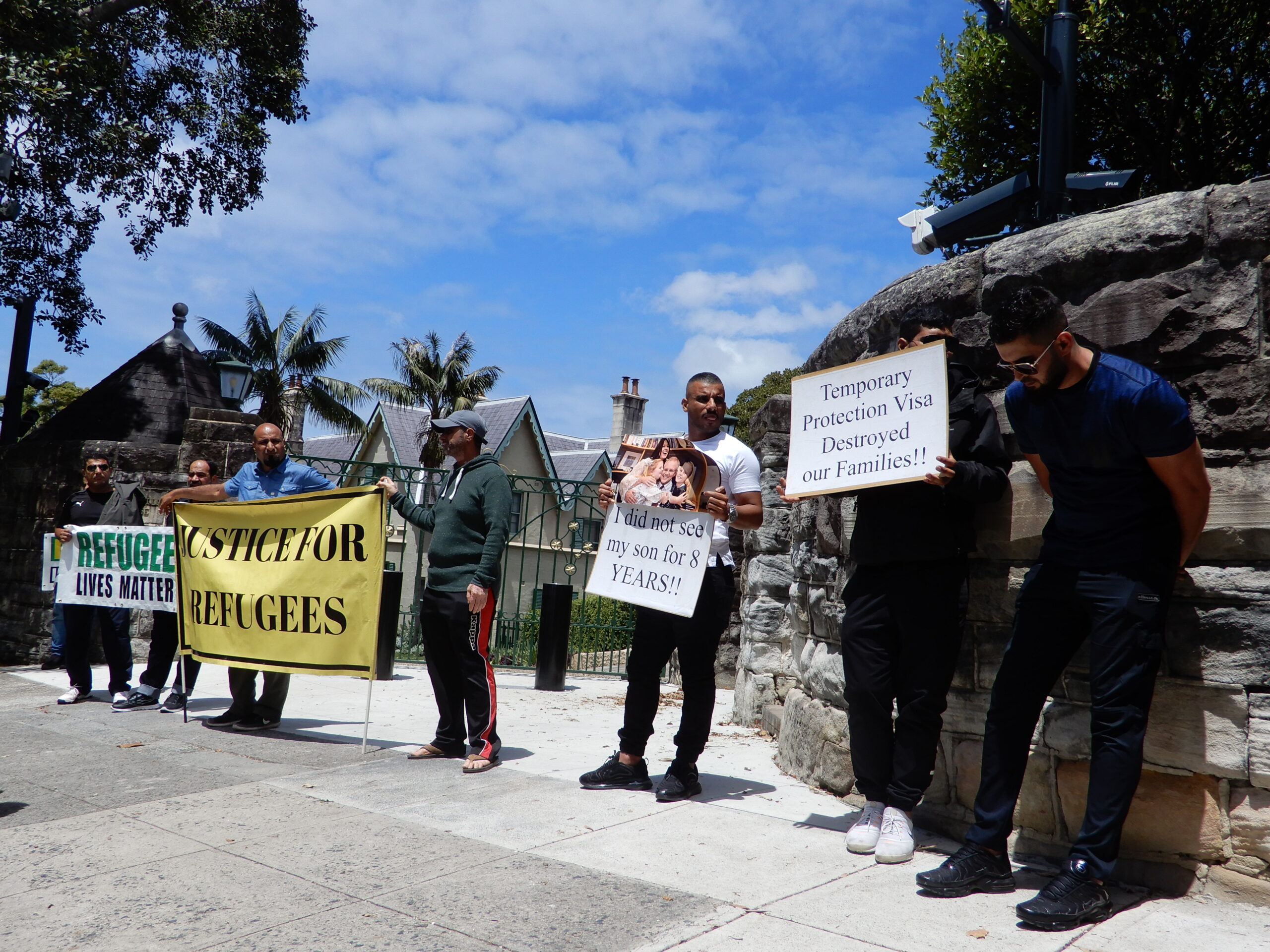
Indefinite legal limbo
A relic from the Howard Era, TPVs were reintroduced by the newly-elected Abbott government in October 2013. The purpose of issuing them to asylum seekers who arrived by boat, and have been found to be owed protection, is to prevent them from receiving permanent settlement.
TPVs only last for three years. So, despite being genuine refugees, those on them must then reapply for protection. There are also safe haven enterprise visas (SHEVs) that those agreeing to live in a rural area can receive. These last for five years, and after that period, again reapplying is necessary.
Temporary visas holders have no family reunion rights and no right to re-enter the country if they leave. TPV and SHEV holders do have the right to work.
It’s been found that our nation is the only country where refugees who have been processed as genuine are then simply given temporary protection status.
And it must be remembered, that despite the government rhetoric around “illegal” boat arrivals, it’s perfectly lawful for a person fleeing persecution to enter another country to seek asylum under the 1951 Refugee Convention, of which Australia is a party to.
According to Daoud, the temporary protection policy leaves these people in a legal limbo, with ongoing separation from their families, and the threat of not having their visa renewed, or for it to be revoked at any time, is very real.
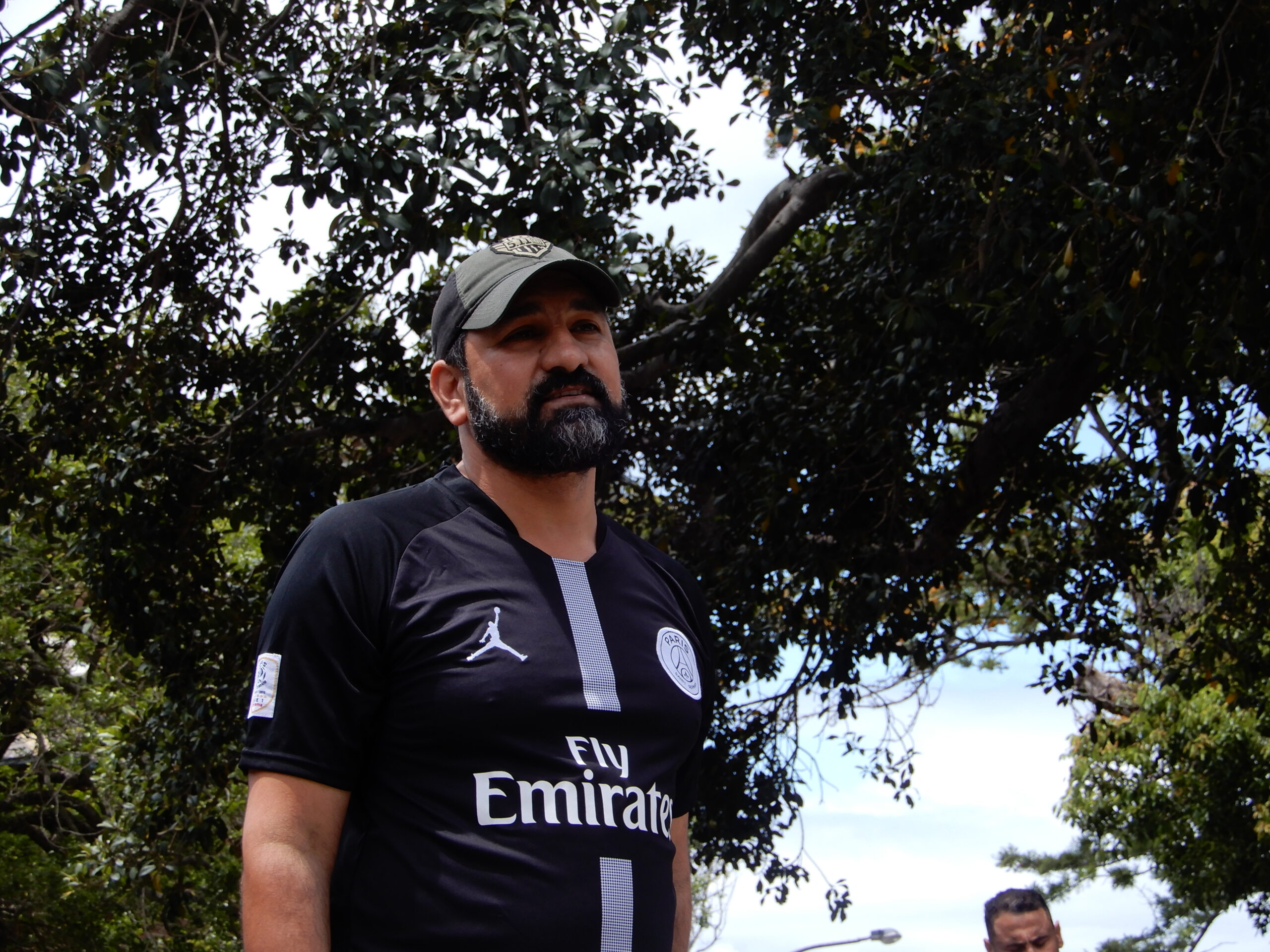
Eight years too long
As the group of protesters chanted that “seeking asylum is not illegal” out the front of the PM’s place, a couple of AFP officers watched over. And about ten minutes into the action, a number of uniformed NSW police officers turned up to ascertain that the demonstration was sanctioned.
After the officers drove off, Iraqi refugee Hamid Albalawi addressed the crowd. He explained that he’s been living in the community on a TPV for eight years. And despite working long-term as a bus driver, he’s still unable to be reunited with his wife, daughter and son.
“I drive a bus. I pick up kids. I pick up the young. I pick up the old. Parents trust me. The company has trusted me for hundreds of days. I am safe,” the refugee told the crowd. “We work fulltime. We pay taxes. We do the system right, by the law.”
“We are Australian now. We love Australia. We are asking for Australia to allow us,” Albalawi concluded. “We don’t want any support or back up. We are here supporting ourselves.”


